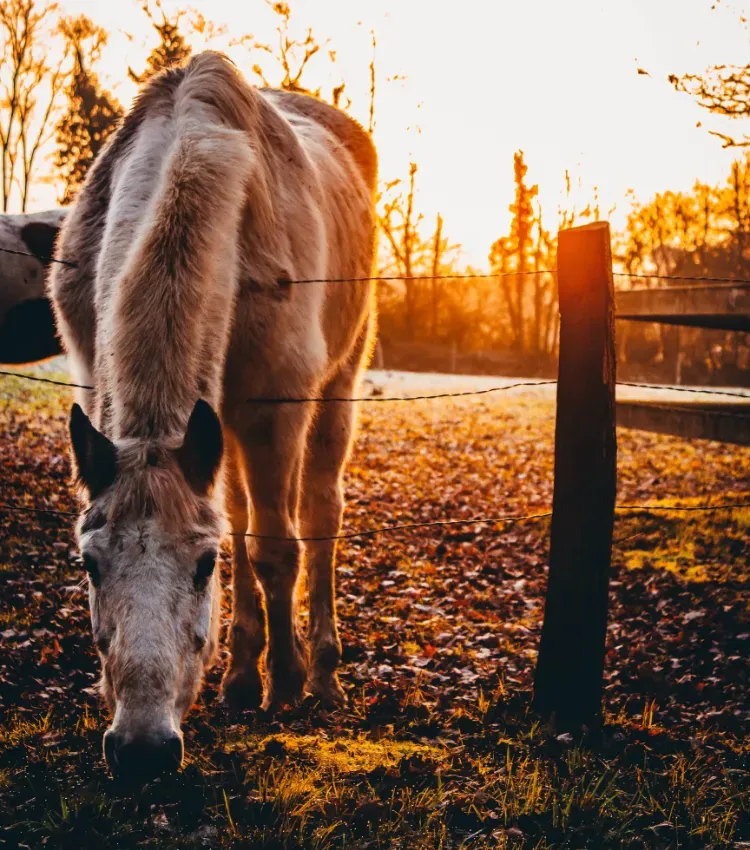
Like older humans, older horses show signs of wear and tear. Just like humans, this is related to how hard they have worked over the years and their constitutional toughness. So some hard-working horses do very well in their late teens while others do not as keeping older horses sound can be tricky.
Again, as with humans, horses kept active but not pushed to physical extremes have a good chance of being fit and active for longer. So to sum these things up look at these points:
- Constitutional toughness is the starting point.
- keeping your horse exercised and slim really helps.
- Avoiding pushing your horse to his physical limits will be a bonus.
- Correct veterinary, osteopathic/chiropractic and farrier attention are not optional.
- Saddle fitting can alter as old horses’ backs change shape.
- Listening to what your horse is telling you is vital.
We will now go into detail on each of these things.
1. Constitutional Toughness for keeping Older Horses Sound is the Starting Point
Constitutional toughness is a quality that can not be understated. Ponies are longer-lived and tougher than their horse cousins. Within horse breeds, some specimens are tougher than others and some breeds are noted for their toughness. As a generalisation, smaller horses are sounder and live longer than tall horses.
All of this means horses with physical and mental toughness are likely to stay sound and strong for longer. However, these qualities are not created as they are within the horse from birth. The other five points mentioned above are totally within our control.
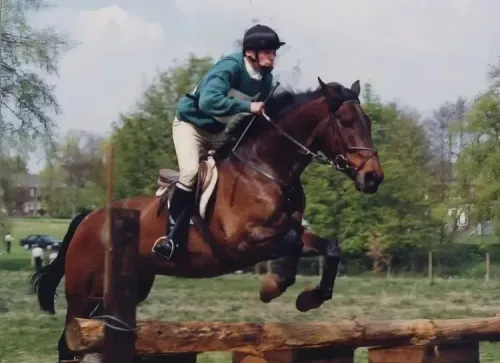
Article Suggestion
Harnessing Hybrid Vigour Horses2. keep Your Horse Exercised and Slim
Again just like humans, being a couch potato is not good. This is because being overweight puts more wear and tear on the joints and makes for less muscle strength and bone density. Your horse will benefit considerably if he has always been slim and maintains this as an older horse.
The type of exercise your horse will benefit from is dependent on his previous injuries and the general wear and tear on his body. Some horses will only cope with quiet hacking on nice lanes and tracks while others will enjoy far more, but obviously at less intensity than in their more youthful days.
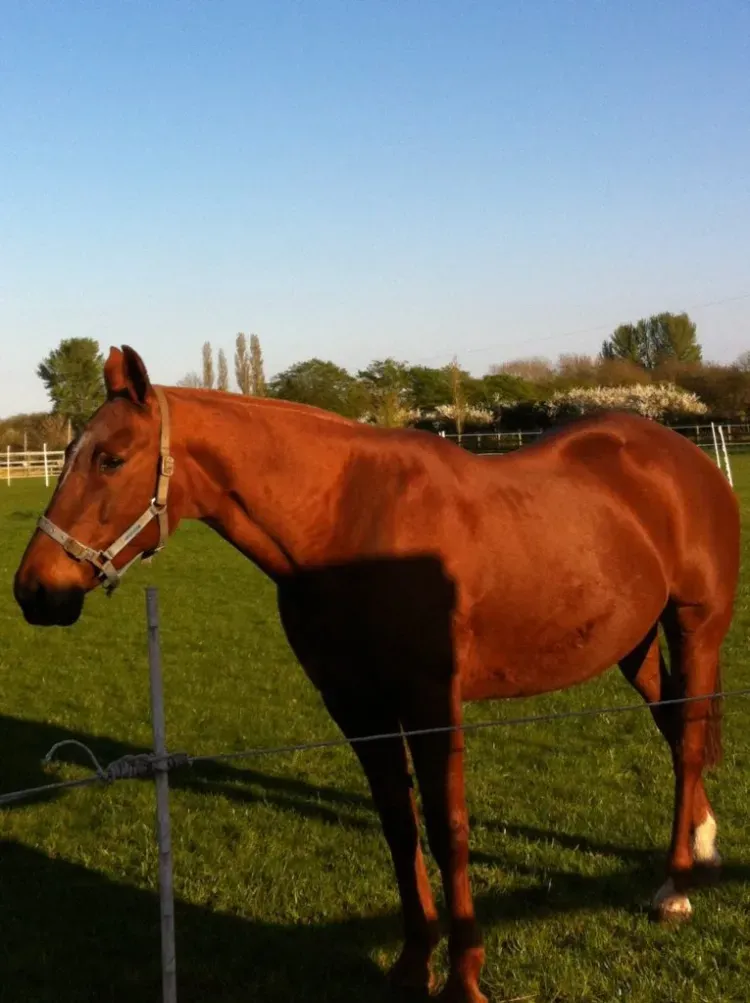
This old Rideout horse retired at 20 years of age and was slim and fit, so this helped her stay sound.
3. Avoid Pushing your Horse to his Physical Limits
It is accepted that horses working close to their physical limitations are more likely to become injured. This is why elite horses are now bred to be naturally talented and built for what they do, otherwise, they will not remain sound. Nevertheless, age catches up with all horses and a stage comes when stepping back is essential.
Here are some examples:
An elite dressage horse finds dressage too demanding but takes to a bit of hunting and really enjoys himself.
A top event horse now finds the long tracks and difficult combinations too challenging but likes hunting.
An elite endurance horse with too much wear and tear for endurance riding but really enjoys shorter pleasure rides and daily hacks.
The top show jumper who can no longer handle big spread fences but enjoys riding club showjumping.
Wear and Tear
This means the old horse must not be expected to work close to their physical limitations. They must work comfortably within their capabilities without aggravating an existing injury. Typically this means looking at the damage which will be either soft tissue or hard tissue damage. Here are important considerations:
- Horses with soft tissue damage in their limbs generally benefit from quiet road work as there will be less soft tissue stretching compared to moving on soft going. In addition, roadwork provides a level platform so minor twists will be reduced.
- Horses with damaged joints will find the jarring of road work more of a problem than working in softer conditions. These conditions should not be deep or very uneven. Horse supplements containing glucosamine and chondroitin are beneficial for horses with joint problems.
- Horses in mild pain can benefit from a low dose of equine painkillers as prescribed by a veterinary professional.
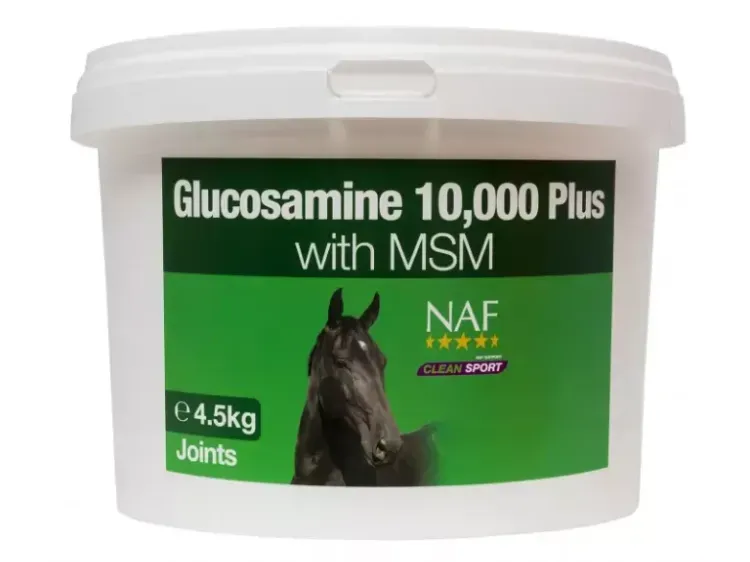
There are many joint supplements for horses containing glucosamine and chondroitin.
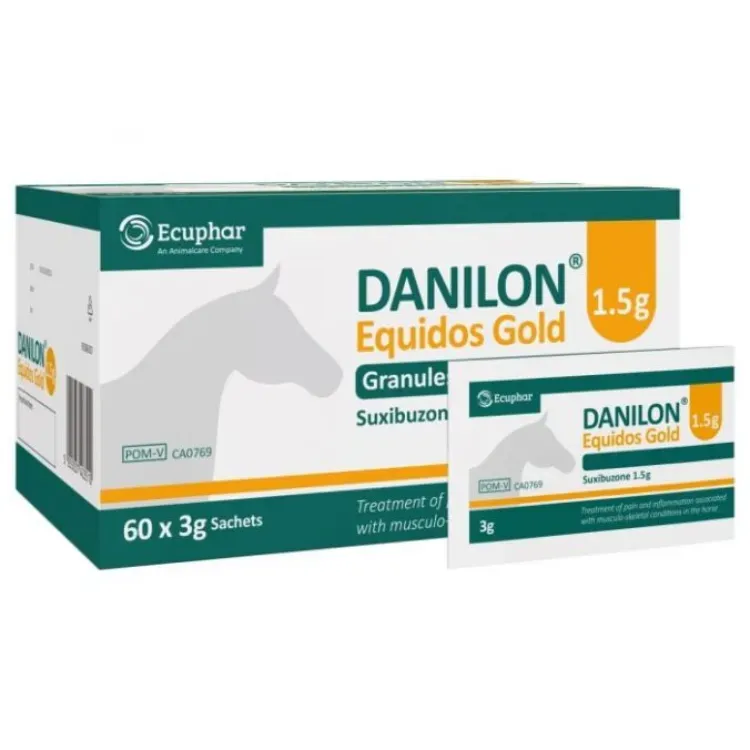
Danilon is prescribed by vets as a pain killer and anti-inflammatory and it non-steroidal.
4. Correct Veterinary, Osteopathic/Chiropractic, and Farrier attention are Not Optional.
Keeping horses sound must involve meeting their physical needs. Throughout their lives, the regular attention of skilled farriers and skilled veterinary support is essential. Also, equine osteopaths/chiropractors keep many competition horses in top form. All of these services assist horses as they age and give many a happy and quieter pace of life.
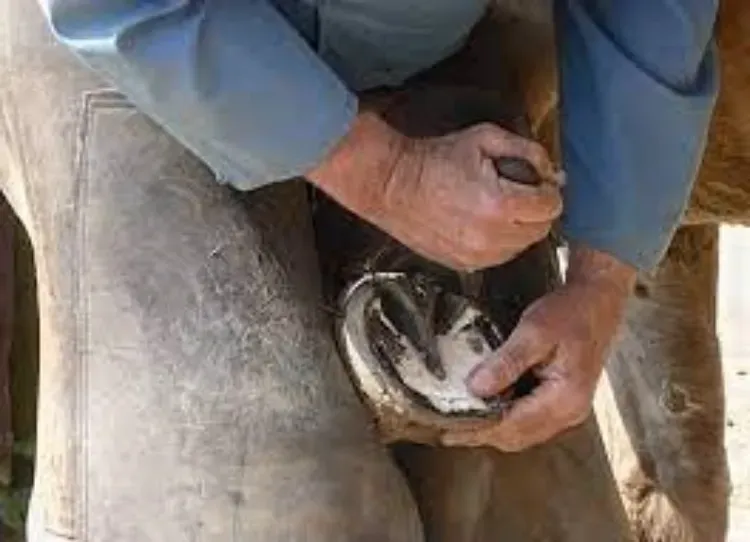
A Good Farrier
A good farrier is worth their weight in gold.
5. Saddle Fitting can alter as Old Horses’ Backs Change Shape
Poorly fitting saddles cause horses to become sore and lame. When horses age their back changes shape and this will affect saddle fitting. Correct saddle fitting is essential and here are things to look out for:
- Horses may lose muscle mass behind the withers causing the saddle to tip forward.
- The back may become more dipped so that there is no longer an even contact along the length. This causes bridging where there is only pressure at the front and back and this will negatively affect any horse.
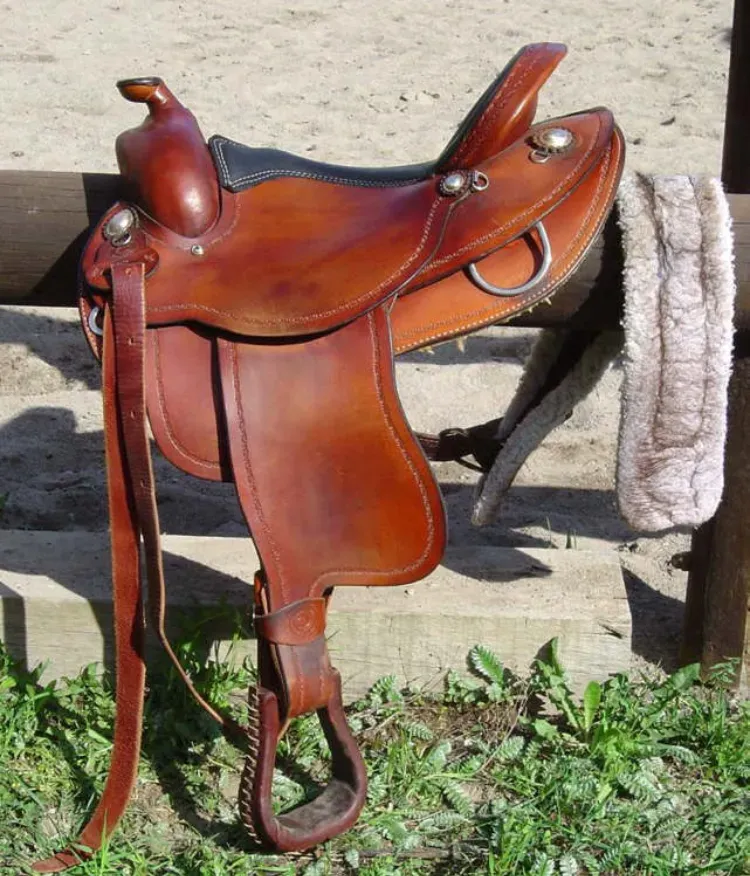
The importance of a good saddle
Saddles can look good but the most important thing is that they fit your horse well.
A master saddler will solve problems and make your horse comfortable.
Listening to what your Horse is Telling You is Vital for Keeping Older Horses Sound.
A horse that is uncomfortable with what you ask of him will tell you so and this will be evident in a number of nonspoken ways. Here are some examples:
- Pinning ears back.
- Reluctance to perform (napping, bucking, rearing, jibbing).
- Behavioural changes when being saddled.
- General listlessness.
If your older horse tells you he is uncomfortable believe him as horses do not lie. Seek professional support and if needed change your horse’s job to something less stressful or put him into a well-earned retirement.
The Conclusion
Keeping your older horse sound means paying attention to his needs and listening to what he has to say. Remember, some horses in their late teens are still out there enjoying themselves and performing very well.
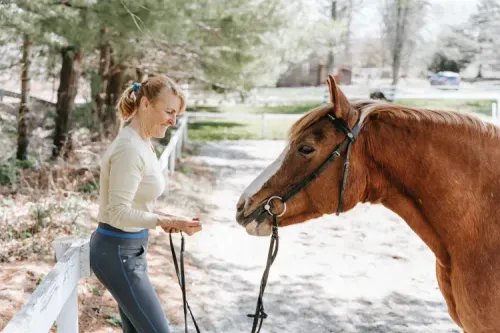
Article Suggestion
A Complete Guide – Assess your Horse’s Weight-carrying Ability
